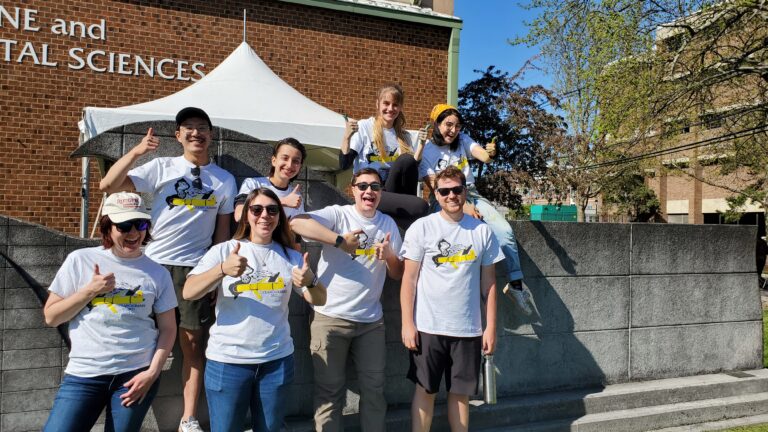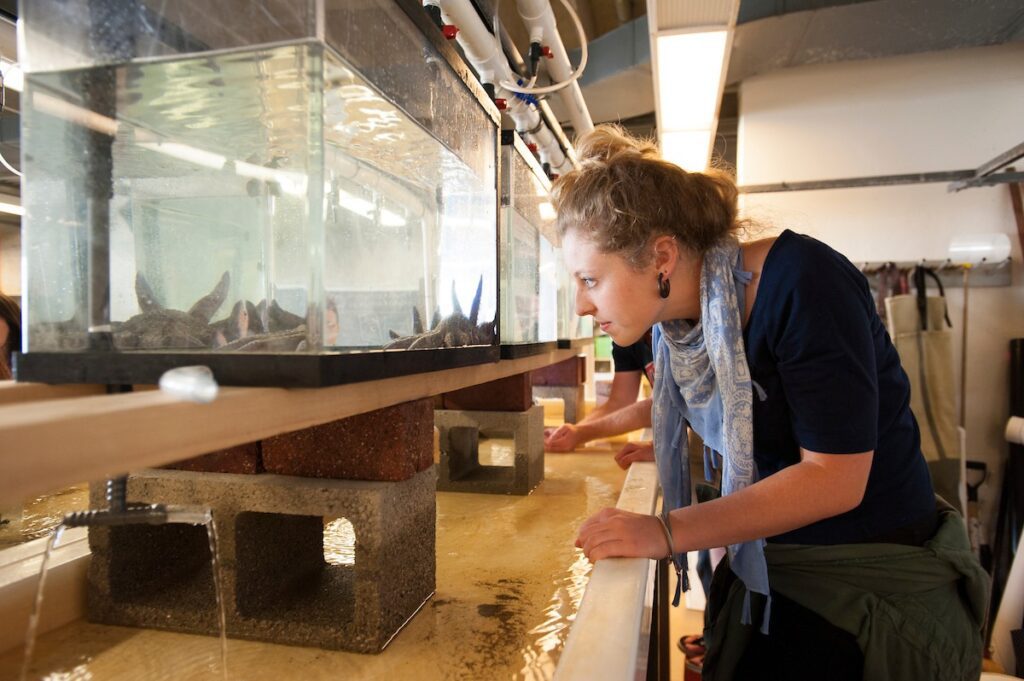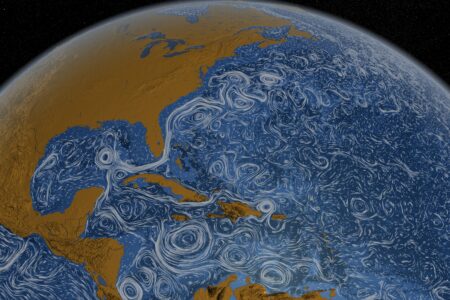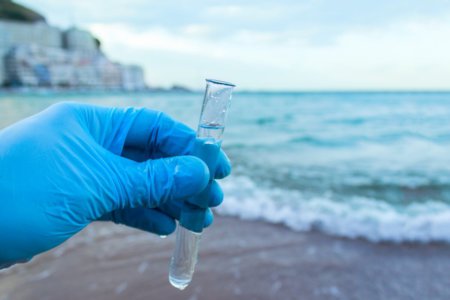
Did you know that we know more about space than we do about the ocean? With 71% of saltwater covering the surface of the Earth, we are not even close to exploring what lies in the sea. In fact, with 95% of it still unknown to us, a coastal and marine science degree can set you up for an exciting career. You could spend your days “working” by exploring, going on adventures, and uncovering the mysteries of Earth’s last great frontier
This interdisciplinary field investigates the complex interactions between the ocean, coastlines, and the diverse life they support. It integrates knowledge and methods from various disciplines like biology, chemistry, geology, oceanography, and ecology to understand the dynamic processes shaping these environments. With so much to learn and do, you’ll never be bored.
And at the end of it all lies a noble quest: to protect and sustainably manage our oceans and coasts for the benefit of both marine life and human society.
If that is something that interests you, start by getting a bachelor’s degree and get a taste of what it is like to become a scientist working in or near the ocean.
Rutgers, The State University of New Jersey
The Department of Marine and Coastal Sciences at Rutgers, The State University of New Jersey is big on experiential learning. Here, you learn by doing, developing hands-on skills that will benefit your future careers. Case in point: students of the department made history by navigating an underwater robot across the Atlantic. Now, they aim to fly it around the world. This is the kind of practical experience you’re set to get, even as an undergraduate. You will work with world leaders developing undersea technologies spanning robotics, big data, autonomous sensor networks, omic approaches, and aquaculture as well.
The department offers five undergraduate majors that explore and develop a fundamental understanding of our ocean planet, including polar, temperate, and tropical seas. These programmes include Marine Biology/Biological Oceanography, Marine Chemistry, Physical Oceanography, Marine Geology, and Directed Marine Studies. Whichever you choose, you’ll get to engage and collaborate with professors committed to shaping you into an active scientist who can solve some of humanity’s most critical problems.
A big part of their training will take place in some of the most advanced facilities in this field. As part of a Research 1 (R1) institution, the department is home to state-of-the-art field stations, analytical facilities, and research centres. The Rutgers University Marine Field Station is the key hub where research across various aquatic topics is conducted all year round. Just 30 minutes away is the ocean, where you will go out and experience working in the sea on university-owned boats such as the R/V Arabella, R/V Rutgers, R/V Resilience, and the REMUS, an autonomous underwater vehicle used to collect mission data.
Apply to Rutgers, The State University of New Jersey now.

The Coastal and Marine Sciences Institute is located close to Sacramento, the decision-making hub of the state. Source: UC Davis Coastal and Marine Sciences Institute/Facebook
University of California, Davis
University of California, Davis‘s Coastal and Marine Sciences Institute is uniquely positioned to address the challenges affecting the marine and oceanic environment. Its two facilities, the Bodega Marine Laboratory and the Bodega Marine Reserve, are located in the centre of one of the most productive and economically valuable marine ecosystems in the world.
Since the institute is located close to Sacramento, this poses an opportunity to engage with a diverse group of policymakers and stakeholders to work together to bring a more sustainable future for our coast and ocean.
In this multidisciplinary setting, you’ll have the best people and setting training you to become the next leader in marine science and policy. The institute comprises experts in the following fields: climate change, coastal oceanography, conservation and restoration, ecology and evolution, ocean health, and physiology. Some undergraduates get to be part of their teams.
This is because research here starts early as the institute offers the Marine and Coastal Science undergraduate major. It’s designed to develop professional practical experience before you pursue graduate study. The programme focuses on four areas: Coastal Environmental Processes, Marine Ecology & Organismal Biology, Marine Environmental Chemistry, and Oceans and the Earth System.
Whether it’s core or elective courses, you will often go beyond lecture halls and seminar rooms to see theories and concepts come to life. Visits to places like the beach or the tidal marsh are frequent, aimed to give you first-hand exploration of what’s affecting marine and estuarine life.

The Department of Marine and Coastal Environmental Science’s unique location will enhance your learning experience. Source: Texas A&M University/Facebook
Texas A&M University
The Department of Marine and Coastal Environmental Science at Texas A&M University offers some of the best marine and maritime academic opportunities around the globe. Its unique location on the Gulf of America means you’re set for some of the most distinctive practical experiences here. This mix of hands-on activities and classroom sessions is what the department does best, engaging and motivating students in the most effective way.
Take the Marine Sciences, BS, for example. The programme has four tracks: marine geology, chemical oceanography, physical oceanography, and an integrated track for those who want to combine several subjects. If you prefer studying the economic, environmental, and social aspects of the development of marine resources, the BS in Coastal Environmental Science & Society is a better option for you.
No matter which programme you choose, all students get access to cutting-edge tools and equipment as well as interdisciplinary research laboratories. Each lab has its specific uses. For example, the Centre for Texas Beaches and Shores is dedicated to the conservation and protection of the state’s shoreline, bays, and waterway. Meanwhile, the Texas Institute of Oceanography serves as a research and technology base for the development of marine-related businesses in Texas. As it’s experts heading these labs, expect to get special insights from them – the kind that’s prepared students well for careers in research, conservation, consultation, academia, and education.
*Some of the institutions featured in this article are commercial partners of Study International










